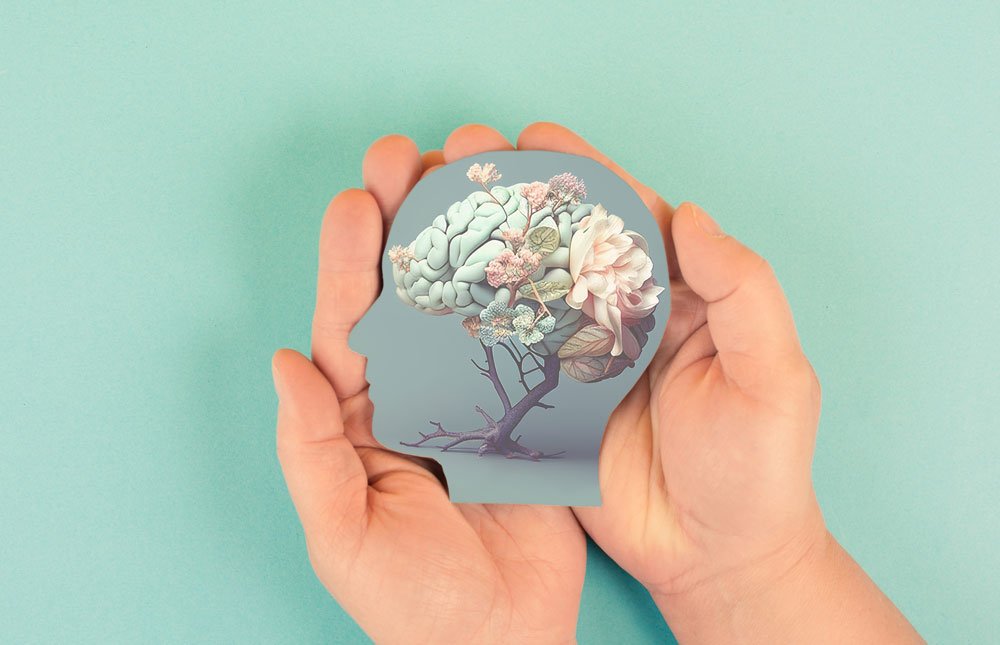Title: How Physical Therapy Benefits Mental Health
Introduction:
Physical therapy, commonly associated with physical recovery and pain management, has a lesser-known but equally important benefit: it can significantly improve mental health. This article explores the integral role physical therapy plays in enhancing mental well-being, emphasizing the crucial mind-body connection.
Understanding the Mind-Body Connection:
The mind-body connection is a concept that highlights the interdependence of physical and mental health. It suggests that our mental state can affect physical health and vice versa. Therefore, interventions in physical therapy that address physical conditions can also have a positive impact on mental health.
Mental Health Benefits of Physical Therapy:
1. Alleviating Anxiety and Depression:
– Engaging in physical activities, a key aspect of physical therapy, can help in reducing anxiety and depression. These activities boost the release of endorphins, the body’s natural mood elevators.
– Regular exercise, as part of physical therapy, has been shown to lower depression symptoms in various patient groups.
2. Improving Sleep Quality:
– Physical therapy can lead to better sleep by alleviating pain and discomfort, common culprits of sleep disturbances.
– Techniques like relaxation and therapeutic exercises in physical therapy can promote healthier sleep patterns, essential for mental clarity and emotional stability.
3. Boosting Self-Esteem and Confidence:
– Achievements in physical therapy, such as improved mobility and function, can significantly enhance a patient’s self-esteem and confidence.
– This sense of accomplishment can positively influence mental health.
4. Reducing Stress:
– Physical therapy serves as an effective stress reliever. Practices like stretching, deep tissue massage, and mindfulness can reduce both physical and mental stress.
– Since chronic stress is linked to various mental health issues, managing stress through physical therapy can be beneficial for mental well-being.
5. Encouraging Social Interaction and Support:
– Physical therapy sessions offer social interaction opportunities, which are vital for mental health. Engaging with therapists and fellow patients can reduce feelings of loneliness.
– The supportive nature of these sessions can also foster a sense of community.
6. Managing Chronic Conditions:
– Physical therapy helps individuals with chronic conditions cope better, not just physically but also mentally.
– By improving physical capabilities and offering strategies for pain and disability management, physical therapy can lessen the mental burden of chronic illnesses.
Conclusion:
Physical therapy goes beyond physical healing, playing a significant role in mental health. Its benefits in reducing anxiety and depression, enhancing sleep quality, boosting self-confidence, managing stress, providing social support, and aiding in chronic condition management demonstrate its value in promoting overall well-being. Embracing the connection between physical and mental health, physical therapy emerges as a key component in comprehensive health care.


 Phone:
Phone: Email:
Email:


